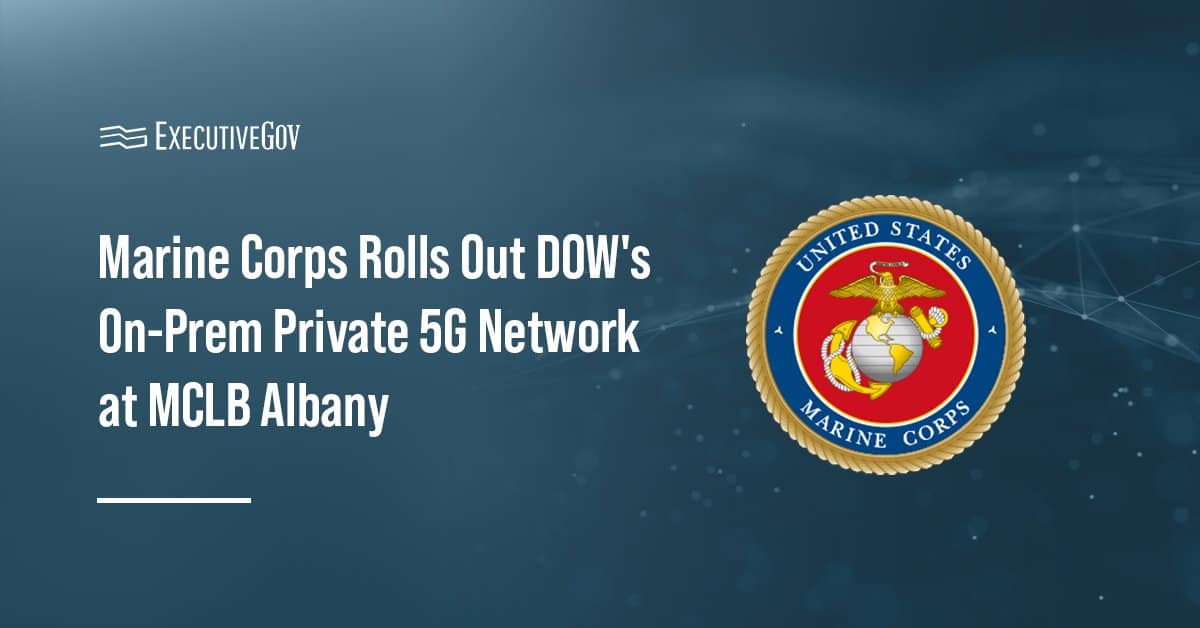 A Federal Communications Commission task force will launch a new mapping tool to support data-driven decision-making that integrates broadband technology and health.
A Federal Communications Commission task force will launch a new mapping tool to support data-driven decision-making that integrates broadband technology and health.FCC said Friday the Connect2Health Task Force will unveil the Mapping Broadband Health in America tool at an event Aug. 2 in collaboration with the Partnership to Fight Chronic Disease.
The commission added the tool aims to facilitate stakeholder collaboration and contribute to FCC’s push to chart the “broadband future” of healthcare.
FCC noted that the mapping tool reflects the task force’s vision of connectivity between people, services and information to drive health efforts.
FCC has invited policymakers, health technology innovators, consumer advocates, clinicians, county and city health officials and other interested parties to attend the demonstration of the mapping tool.





